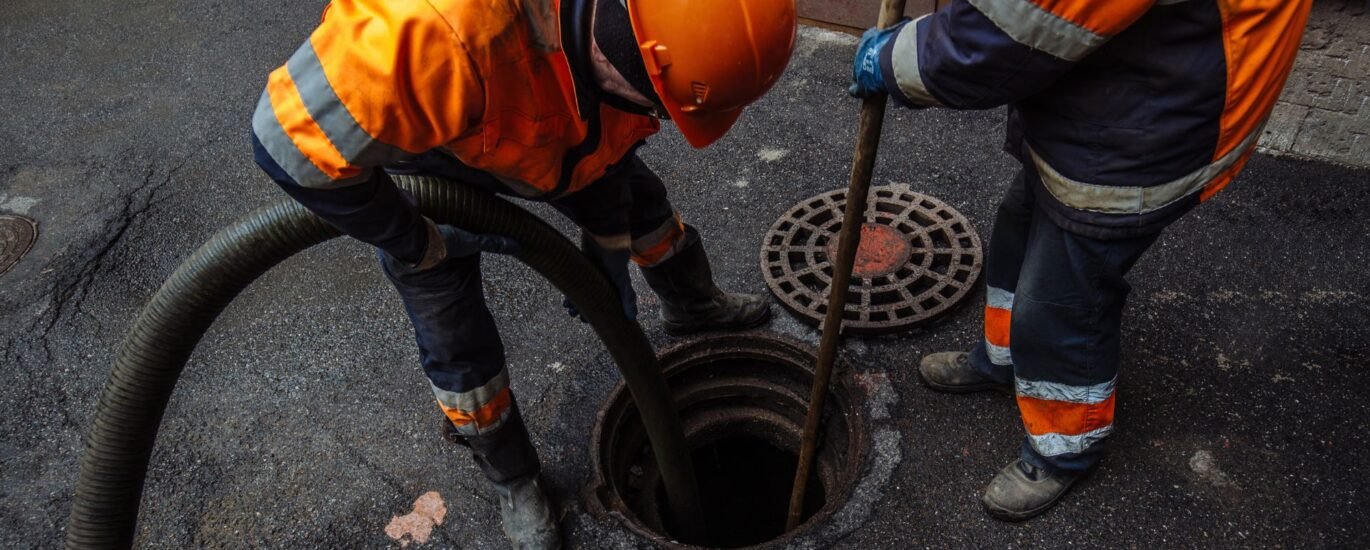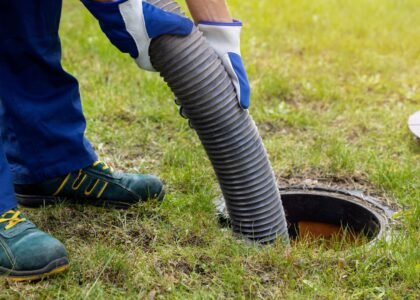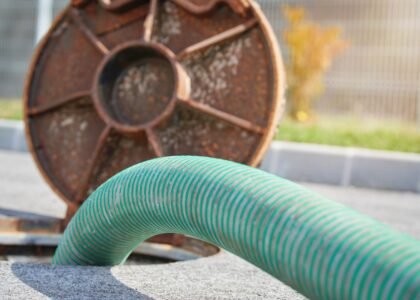Introduction
A clogged sewer line can disrupt daily life and cause serious property damage. Regular sewer line cleaning ensures your plumbing system operates smoothly, preventing emergencies before they happen. This post explores key maintenance tips, cleaning techniques, and ways to identify potential issues early.
Understanding Sewer Lines
Sewer lines carry waste from your home to the municipal system or septic tank. These pipes endure a lot of stress, from water flow to chemical exposure. Common problems include:
- Accumulated grease and debris
- Tree root infiltration
- Pipe corrosion or collapse
Routine sewer line cleaning can prevent these problems and extend the lifespan of your plumbing.
Early Warning Signs of Sewer Line Problems
Noticing issues early allows for timely intervention. Key indicators include:
- Slow or backed-up drains
- Bad odors near sinks or toilets
- Lush patches of grass in the yard – caused by leaking sewage
- Gurgling sounds from drains
If any of these signs appear, professional sewer line cleaning may be necessary. Learn more about the process on our sewer line cleaning page.
Sewer Line Cleaning Techniques
Plumbers employ several methods for maintaining clear and functional sewer lines:
Hydro Jetting
- Uses high-pressure water to flush debris
- Effective for grease, sludge, and roots
Snaking or Augering
- Mechanical snakes remove blockages manually
- Ideal for smaller obstructions
Camera Inspection
- Detects hidden problems like cracks or root intrusion
- Guides effective cleaning and repair strategies
Each method ensures a long-lasting solution rather than just a temporary fix.
Maintaining Your Sewer Line Between Cleanings
Proactive maintenance is essential for avoiding emergencies. Homeowners should:
- Limit flushing of non-degradable items
- Avoid pouring cooking oils or grease down drains
- Inspect plumbing for leaks regularly
- Schedule professional cleaning periodically
Routine care reduces the frequency of major clogs and keeps plumbing running efficiently. For professional advice, contact us.
Common Mistakes to Avoid
Many homeowners unknowingly contribute to sewer line issues. Avoid these mistakes:
- Using harsh chemicals that damage pipes
- Ignoring slow drains or foul smells
- Planting trees near sewer lines
- Attempting aggressive DIY fixes
By avoiding these pitfalls, you protect your home’s plumbing system.
Conclusion
Maintaining a healthy sewer line requires awareness, proper cleaning, and preventive habits. Professional sewer line cleaning ensures issues are resolved effectively, while regular maintenance prevents future problems. For detailed cleaning services, visit our sewer line cleaning page or contact us for assistance.



